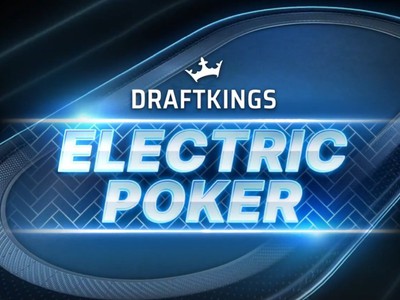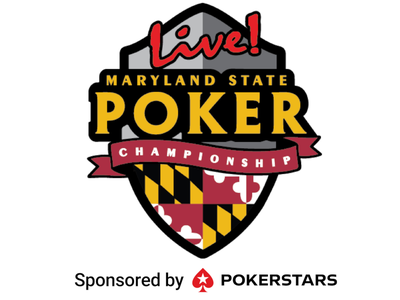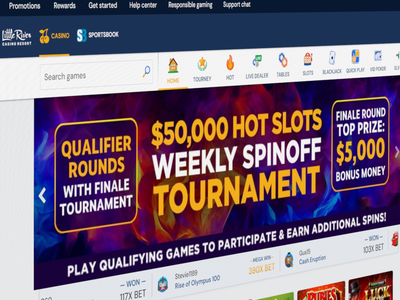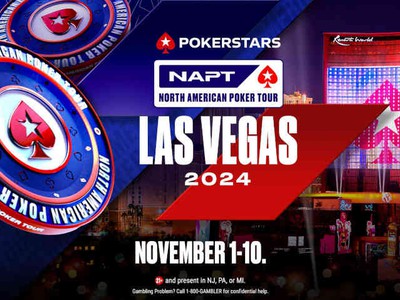Basically, the [online poker & casino gaming] bill needs a lot of work. We can revisit this in the future, but we shouldn’t jump into the deep end of the pool on big gaming at this point.
New Hampshire lawmakers derailed a proposal to legalize the state’s online poker and casino gaming, largely on fears that authorizing the two verticals would impact charitable gaming.
SB 104 called for the New Hampshire Lottery Commission (NHLC) to serve as the regulator, and it would have been authorized to issue between three and five iGaming licenses through a competitive bidding process.
Some background: The bill enjoyed bipartisan support when it was introduced on January 5. It passed the Senate Ways and Means Committee on February 22 and cleared the full Senate on March 30. SB 104 was then introduced in the House of Representatives on April 6 and referred to the House Ways and Means Committee.
That panel voted 20-0 on Wednesday’s motion to reject the bill.
“Basically, the bill needs a lot of work,” Rep. Fred Doucette (R-Salem) said during an executive session of a House Ways and Means Committee meeting on Wednesday. “We can revisit this in the future, but we shouldn’t jump into the deep end of the pool on big gaming at this point.”
The committee adopted a report of “inexpedient to legislate.” According to the New Hampshire Almanac, an organ of state government, “a bill is considered killed when the House or Senate votes to adopt the committee report of 'inexpedient to legislate,’ or when a motion from the floor to 'indefinitely postpone’ is adopted.”
The House could still bring SB 104 up for a floor vote, but the chamber would presumably accept the House Ways and Means Committee recommendation and reject it.
That means the bill is essentially dead for this year’s session of the state legislature, aka the General Court of New Hampshire. The legislature adjourns on June 30.
Why Bill Was Rejected
Doucette said he was against the passage of SB 104 because lawmakers “heard testimony that it will impact our charities that get service through the charitable gaming model at present.”
Lawmakers on the Senate Ways and Means Committee held a hearing on January 25 to discuss the bill and heard testimony from supporters of SB 104. Proponents were quick to point out that the bill would help fund community college scholarships.
But the panel also heard from the bill’s detractors, who hammered the message that legalizing online casinos would have a negative impact on land-based gaming properties and organizations that rely on charitable gaming.
“We can all agree there’s a need for those scholarships for the community colleges,” Doucette said. “[But with] this particular vehicle, [there were] flaws in the legislation itself [and] the way by which the funds are raised.”
REVIEWBONUS- Generous welcome bonus
- $25 in no deposit funds
- Good selection of slots
Bill Did Not Specify a Tax Rate
Under SB 104, New Hampshire would have become the eighth state with legal online poker in the USA and the seventh state with real money online casinos in the US.
The bill did not specify a tax rate but required that it be at least 35%. Also absent was any verbiage to specifically authorize the state to join a multi-state compact for online poker and some casino gaming, such as the Multi-State Internet Gaming Agreement (MSIGA), which includes Delaware, Michigan, Nevada, and New Jersey.
Last January, the NHLC projected that operators would gross $15 million during the first year of online casino gaming. The commission revised its estimate to $6.8 million three months later, after analyzing revenue data from iGaming states — Connecticut, Michigan, New Jersey, and Pennsylvania.
New Hampshire has had online sports betting since 2019. DraftKings has a monopoly through an exclusive partnership with the New Hampshire Lottery.
DraftKings operates three retail sportsbooks in the state: at The Brook in Seabrook, South Side Tavern in Manchester, and Filotimo Casino & Restaurant at the Dover Bowl Complex in Dover.










